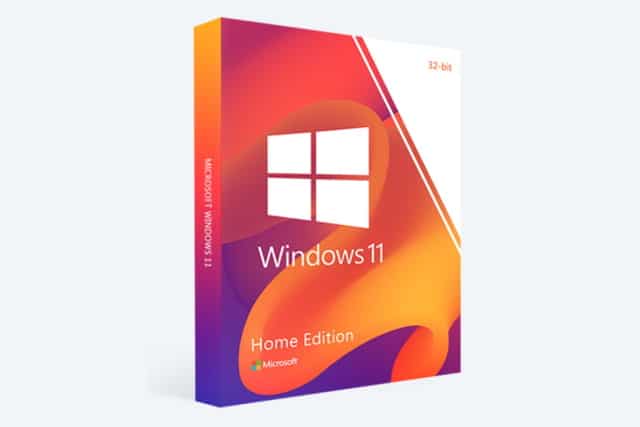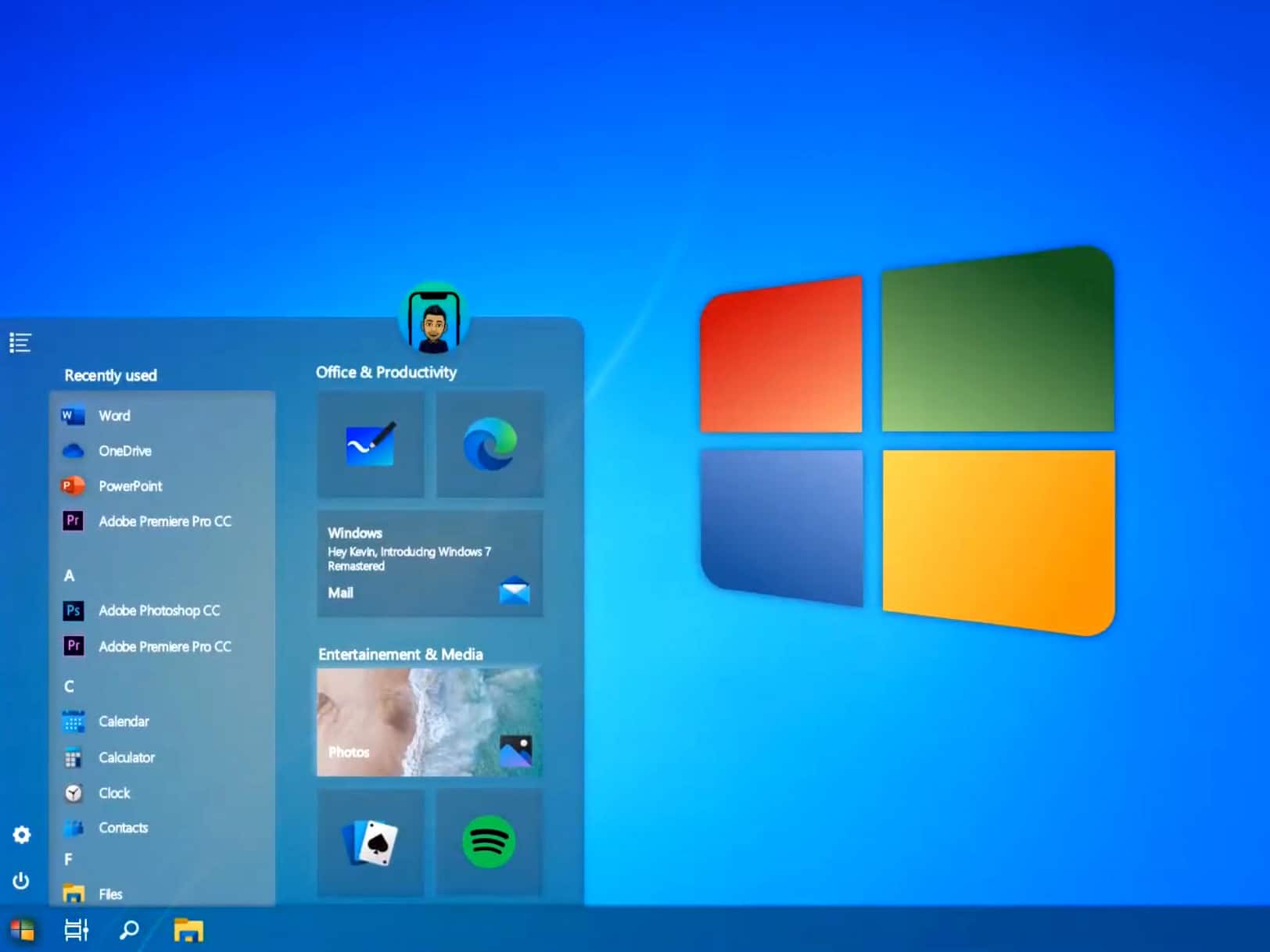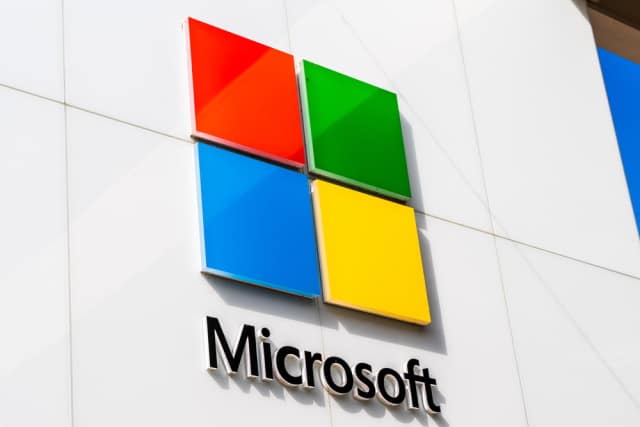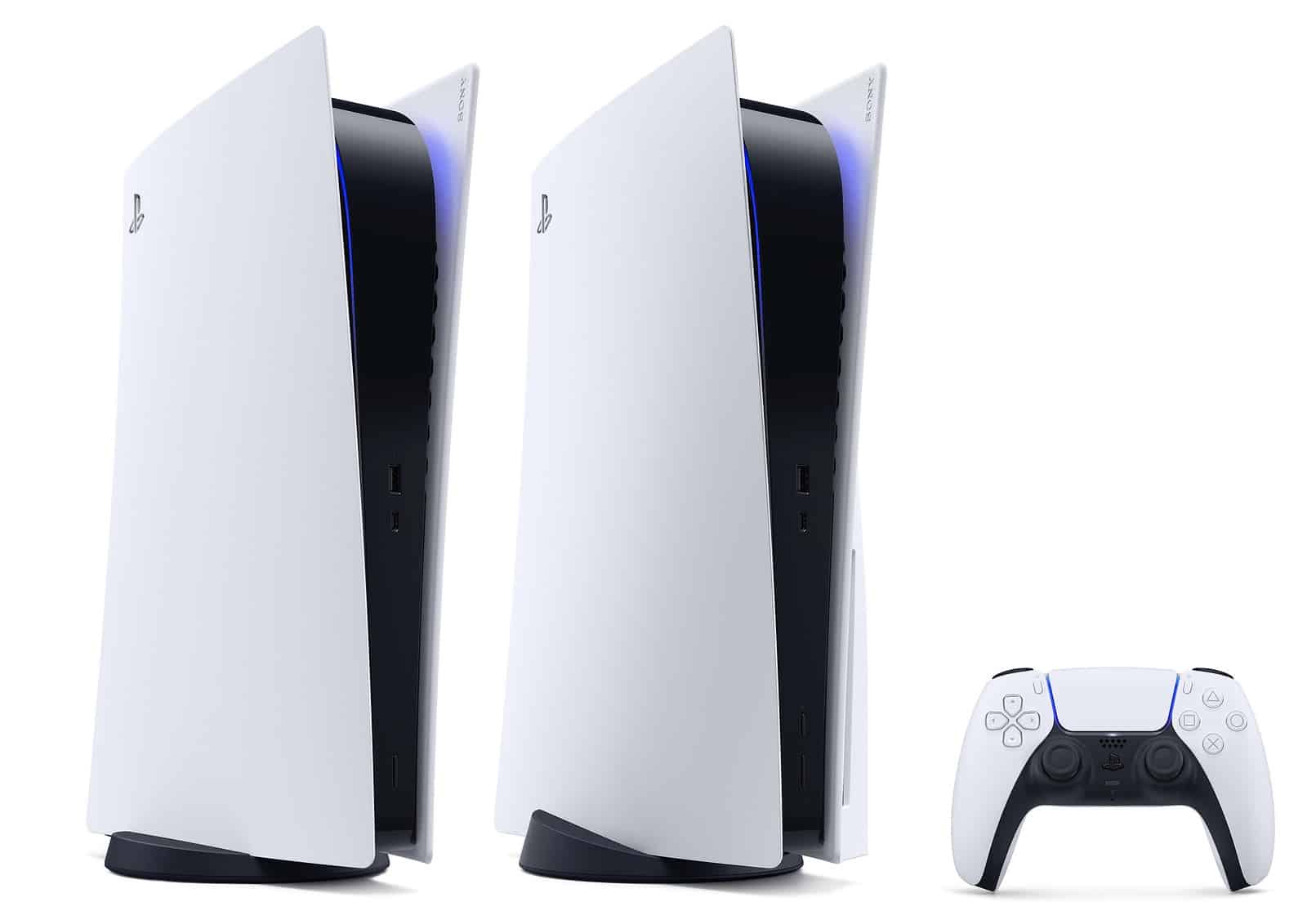
Ubuntu-based Linux Mint 20 'Ulyana' BETA is here, but the 32-bit version is canceled and Snapd is removed
Back in March, we told you about the upcoming Linux Mint 20. Code-named "Ulyana," it was a very controversial announcement as the developers decided to cancel the 32-bit version. After that bombshell, the devs further shocked the world by revealing their intention to remove Snapd starting with version 20 of the operating system. Don't forget, all of this follows the unpopular decision by the developers to pull both GIMP and VLC from Mint too.
And now, the BETA of Linux Mint 20 is officially here. The pre-release operating system comes with Linux kernel 5.4 and is based on Ubuntu 20.04. Linux Mint 20 even has official support until the year 2025! Best of all, you can choose among three desktop environments -- Cinnamon (4.6), MATE (1.24), and Xfce (4.14). What really has the developers hot and bothered, however, is a new program called "Warpinator."

Microsoft is investigating printer problems caused by KB4560960 and KB4557957 updates [UPDATED]
Earlier this week, Microsoft released June updates for Windows 10. As has become increasingly common of late, this has led to problems for many people.
Two updates -- KB4560960 and KB4557957 -- are proving problematic, and both updates are causing issues with printing. As well as causing some traditional printers to suffer print spooler errors, the bug is also causing issues with tools for saving files as PDFs.

This Microsoft Certified Partner tried to sell me the non-existent Windows 11 [Updated]
Microsoft has previously said that Windows 10 is the last version of Windows. We've talked about Windows 11 concepts here on BetaNews, but that's all they are -- concepts dreamt up by eager designers.
So what was a Microsoft Certified Partner thinking when it popped a pre-order page for Windows 11 on its site? A major update or a new version of Windows is always going to generate a lot of interest -- and probably a lot of money too, particularly with a $174.99 price tag attached. Having stumbled across a site inviting me to "preorder your Windows 11 before anyone else", I decided to investigate and find out what the company had to say for itself. [UPDATED with comments from both Microsoft and the Microsoft Certified Partner]

Synology selling its own SSDs for some reason
Synology makes some great network-attached storage (NAS) enclosures. Whether for home or business, its devices can be filled with storage disks to set up collaborative file-sharing over a network. Synology's offerings are fast and dependable, making them smart choices for consumers. There's a reason so many people trust the brand.
The company's NAS products can work with any brand of storage disk, but still, Synology has decided to begin selling its own solid state drives for some reason. Yeah, it is kind of odd to see drives with Synology branding, but here we are. I suppose the company saw a money-making opportunity, so who can blame it for trying to increase profits. The company isn't just offering 2.5-inch SATA SSDs either, but M.2 PCIe-based drives too. Nice.

Security industry responds to FBI warning of increased mobile banking risks
Earlier this week the FBI issued an alert about the risk of mobile banking platforms being targeted by cybercriminals during the current pandemic lockdown.
More than 75 percent of Americans used mobile banking in some form in 2019, but since the start of this year, a 50-percent spike in the usage of banking apps has been observed. Security professionals have been responding to the news.

Windows 7 returns with the stunning 2020 Edition
Microsoft pulled the plug on Windows 7 five months ago, giving users a pretty stark choice -- switch to Windows 10, or stick with an aging operating system that the software giant is no longer supporting.
While the more sensible choice would be to upgrade to Windows 10, there are plenty of people who have avoided doing so for various reasons, not least that they just prefer how Windows 7 does things -- no Cortana, no forced Bing integration, no invasive telemetry…

New platform helps prevent data loss when employees leave
Around a third of employees take data with them when they leave a business according to email security firm Tessian.
In order to help companies understand and tackle the risks it's launching a new Human Layer Security (HLS) Intelligence platform to provide businesses with deeper insights into human layer security threats and the tools required to trend down the risk of accidental data loss, data exfiltration and advanced impersonation phishing attacks.

Microsoft publishes Windows Terminal 2.0 roadmap
Windows 10 is undeniably a graphic-based operating system, but there have always been various text-driven command line options too. With Microsoft increasingly embracing Linux, the arrival of Windows Terminal was pleasing if unsurprising.
The utility provides access to the Command Prompt, PowerShell and WSL (Windows Subsystem for Linux), and although version 1.0 has only just been released, Microsoft has already published it roadmap for Windows Terminal 2.0.

Sony PlayStation 5 has a revolutionary design, while Microsoft Xbox Series X looks tragically boring
Xbox Series X isn’t ugly. In fact, it looks rather cool. The problem, however, is the design of Microsoft’s upcoming video game console is tragically boring. It is literally a rectangular cuboid, showing very little effort was put into the design. Does the appearance of a console even matter? Actually, yes. Look, it is probably going into a living room or bedroom, so it will have a big impact on the room’s overall style.
Earlier today, Sony finally unveiled the upcoming PlayStation 5, and holy moly, it looks so much prettier than the Xbox Series X. The design is futuristic and iconic. Microsoft should be very worried that consumers will be turned off by the very conservative design of the Xbox Series X.

System76 launches AMD Ryzen-powered 'Serval WS' portable Linux workstation
The year 2020 undoubtedly belongs to AMD. After trailing Intel for years in some areas, the company has finally leapfrogged the Pentium-maker. Between its Ryzen and Ryzen Threadripper processors, AMD owns the enthusiast desktop market. And that's not all -- the company's Ryzen 4000 Series Mobile Processors are impressing on laptops too. Hell, Linus Torvalds, the father of Linux, is now using a computer powered by AMD's Ryzen Threadripper 3970X.
Linux computer maker/seller System76 has been offering AMD processors in its Thelio desktop computers, but believe it or not, the company has never offered an AMD-powered laptop -- until now, that is. You see, starting today, you can buy a "Serval WS" powered by AMD. No, System76 is not offering mobile Ryzen chips in this laptop, but instead, desktop-class processors! As you can expect, this 15-inch portable Linux workstation is quite chunky and heavy as a result. With that said, it is simply impossible to cram this much power into a thin and light notebook.

Data analysts spend only half their time analyzing data
During the course of a typical workday, data analysts only spend half their time actually analyzing data according to a new study.
Conducted by Dimensional Research for Fivetran, the online survey of around 500 data professionals across five continents also shows 68 percent of the analysts who responded say they have ideas that would drive more profit for their organizations, but they lack time to implement them.

How hackers are targeting enterprises from the outside
In the past businesses have needed to worry about protecting their networks. But the expansion of internet use, cloud and as-a-service products means there are now more potential threats to worry about.
A new study from attack surface management specialist RiskIQ looks at the digital presence of organizations, where they lack visibility, and the pathways hackers are using to exploit these blind spots.

UK government invests in security by design
The UK government is announcing that it will provide £10 million ($12.5 million) over four years to develop groundbreaking cyber security technologies.
Nine grant winners have been revealed as the recipients in the government's Digital Security by Design program, which aims to help the tech infrastructure of UK organizations and digital devices be more resilient to cyber attacks.

Vivaldi 3.1 unveils new Notes Manager tool, customizable menus
Vivaldi Technologies has unveiled Vivaldi 3.1 for Windows, Mac and Linux. The release comes 48 hours after the first major update for Vivaldi for Android.
The desktop build unveils a major upgrade to its existing Notes feature in the form of a full-blown Notes Manager tool. The tool is now accessible via its own full-screen tab in the main browser window (click the link in the Start page or type vivaldi://notes/ into the browser’s address bar).

Windows 10 being upgraded to the May 2020 Update without user consent
Who can forget the bad old days when Microsoft decided it knew best and forced Windows 10 upgrades on users without their consent? Windows 7 owners who left their systems alone for any length of time often returned to find they’d been 'upgraded' to Windows 10.
Thankfully those days are behind us, and now when Microsoft rolls out a Windows 10 feature update that’s compatible with your system, you can choose when to install it. Except, that is, when Windows 10 goes rogue and installs the latest update without warning.
